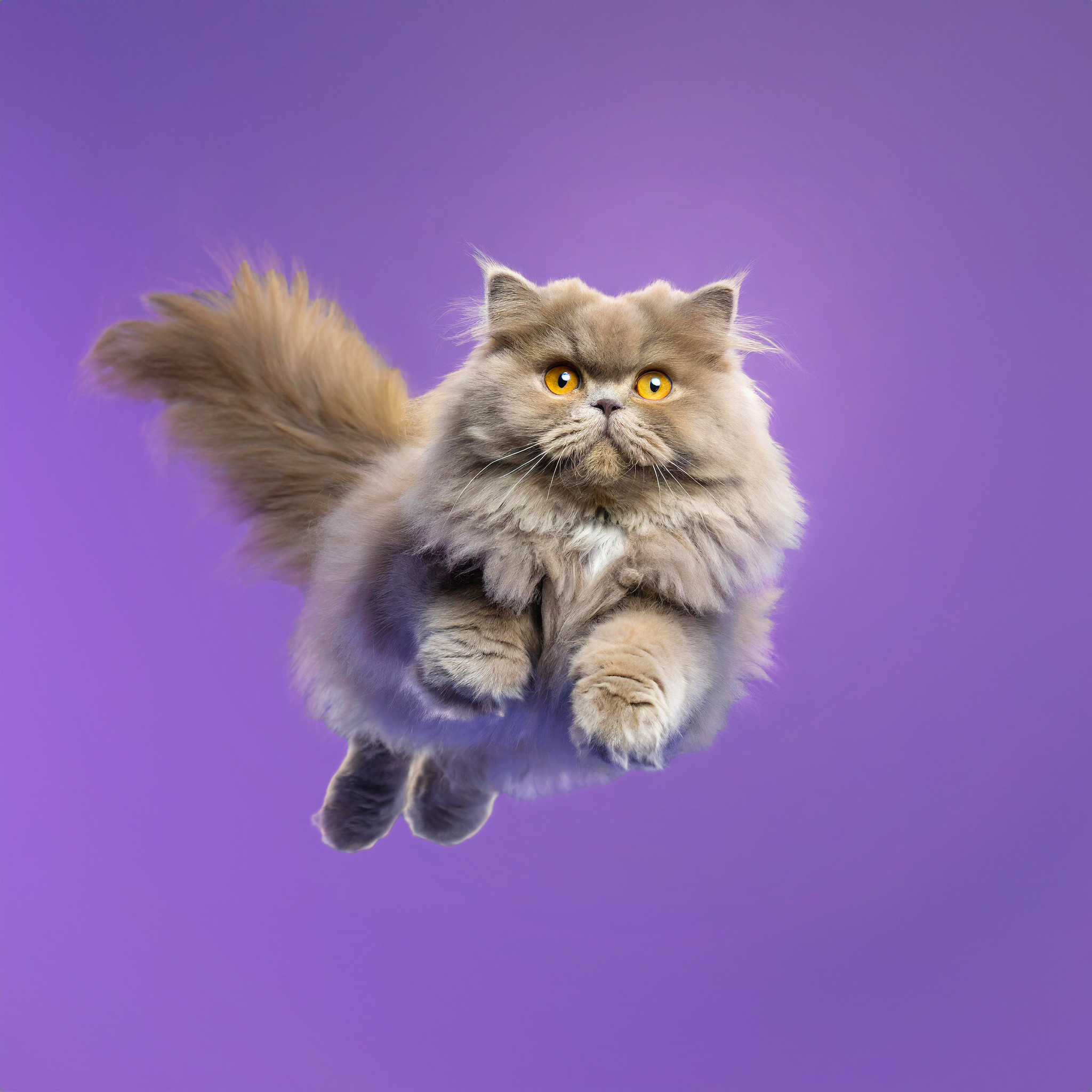Obesity
Being overweight can lead to a variety of health problems, including diabetes, arthritis, and even reduced life expectancy. Monitoring the weight of a British Longhair requires a balanced diet, portion control, and regular exercise.
High-quality cat food and avoiding excess calories can help keep your furry friend at a healthy weight. Regular health monitoring, promoting an active lifestyle, and consulting a nutritionist will greatly support preventing obesity and ensuring a happy life for your companion animal.
Polycystic Kidney Disease
Polycystic kidney disease is a genetic disorder that causes the formation of fluid-filled cysts and loss of kidney function. To prevent the spread of the disease, it is essential to identify companion animals carrying the polycystic gene and declare them unfit for the breeding process.
Blood tests, frequent veterinary check-ups, and competent companion animal care practices can help manage the disease and adjust the treatment strategy. A specialized diet may be necessary to support kidney function, but remember to conduct any alteration only in collaboration with an experienced nutritionist.
Hypertrophic Cardiomyopathy
Hypertrophic cardiomyopathy is a heart disease characterized by thickening of the walls of the ventricles. Companion animals with hypertrophic cardiomyopathy have arrhythmias and chest pain. Medicines that reduce the heart’s contraction force are often used to treat the disease.
Hypertrophic cardiomyopathy may appear both in infancy and adulthood. You will be able to effectively manage the disease not only by actively communicating with the veterinarian but also by arranging a proper exercise schedule and avoiding obesity.

